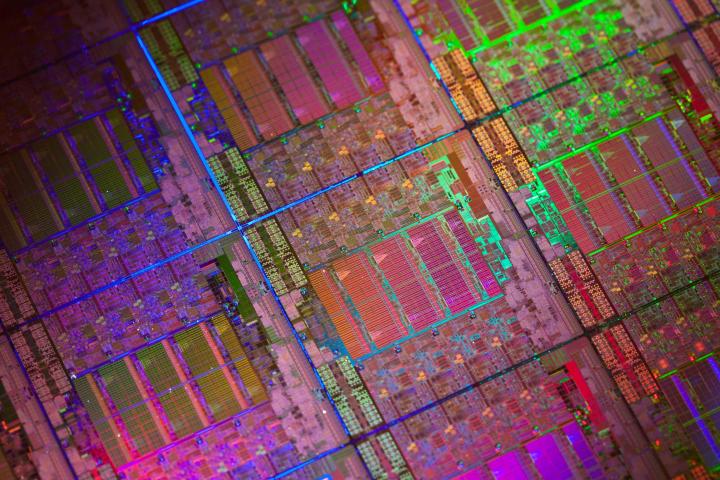
Currently, the only such beast is an E5-2699v3, capable of up to 2.3GHz “normal” clock rates, or 3.6GHz in Turbo Boost mode. For their part, the upcoming 18-core Xeon E7s will run at between 2.0GHz and 2.5GHz base frequencies, the sky then being the limit for Turbo velocity.
If rumors are to be trusted, and they’re backed by pretty solid evidence, server admins should gear up for some difficult decision-making, with choice the word du jour for Intel’s Xeon refresh. There are no less than four 18-core whoppers in the pipeline, each gifted enough to double the figure with Hyperthreading enabled. The least potent chip, the E7-8880Lv3, is naturally the most frugal of the bunch, delivering a maximum of 115W TDP.
That’s 30 watts of heat less than the only 18-core available right now, the E5-2699v3. Meanwhile, the new E7-8870v3 and E7-8880v3 are rated at 140W thermal design power, and the bleeding-edge 2.5GHz Xeon E7-8890v3 is as fiery as it’s punchy, with 165W TDP.
Now, if it’s record-setting clock speed that you’re after, the 4-core Xeon E7-8893v3 is actually your go-to steamroller, topping out at 3.2GHz. The 10-core 165W Xeon E7-8891v3 is no pushover either, at 2.8GHz.
It’s also worth pointing out the roster’s largest L3 caches sit at a comfy 45MB, and DDR4 support will be offered across the board. Not to mention new AVX (Advanced Vector Extensions) and TSX (Transactional Synchronization Extensions) instructions.
Overall, you’re looking at substantial but not quite game-changing improvements, which is why the 12 Xeon E7s are expected out sometime “next quarter”, i.e. between April and June. Just because Intel’s Haswell microarchitecture is about to turn two years old, and its succeeding die has a sequel of its own rapidly approaching, it doesn’t mean its days are numbered. At least, not in servers.
Editors' Recommendations
- Intel’s new Core Ultra chips needed to be more than this
- Intel’s next-gen chips could run at blazing-fast 5.8GHz
- A mysterious new Intel i7 chip just showed up in tests
- Intel Core i9-12900KS could push Alder Lake CPUs to new levels
- New Intel Alder Lake-P chips may outperform previous generations by over 30%


